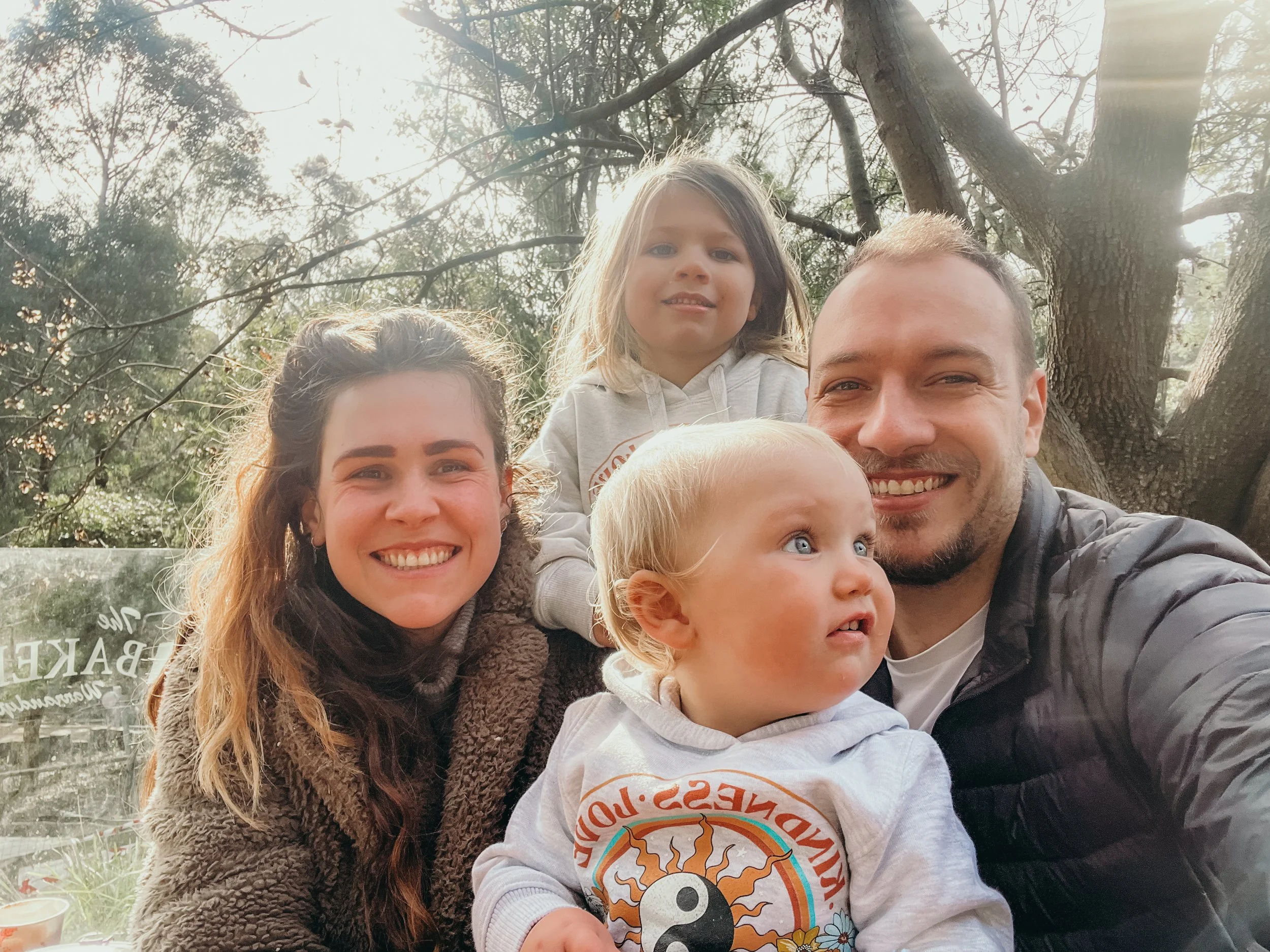Deschooling - What, How & Why
Deschooling. You might have heard this term getting used before but what is it and how do you do it? Deschooling is not a style of homeschool, rather a process to help in the transition from schooling to homeschooling. It is an important step in setting your family up for the best success with homeschooling.
For our family deschooling truly only effects us, the parents. Our kids have never attended any formal education so don’t know any different. However, after speaking to many families that have left the school system and knowing the rigour and structure that school places on children it is such an important step for your kids to go through when transition into homeschooling.
During this transition phase don’t implement any new structures or routines. Stay away from any formal learning and school based activities and don’t go buying a new curriculum to try just yet. Allow your children time to go back to their normal bodily rhythms. Let them find their natural wake up time and eat when they are truly hungry. Let them guide the day and see what interests might pop up for them. Depending on how long they have been at school for this might be a completely foreign for them, but allow them to be bored. Allow them to find little ways to fill their time. Take note of their energy levels and when they demonstrate higher levels of creativity or enthusiasm in the day. Reconnect with them outside of school and get to know their interests and what makes them tick. Simply follow their lead and guide them. Suggest an activity and see how they feel about it. No need to force or pressure them.
Some suggested activities are; reading, nature walks, exercise, yoga, craft, drawing, cooking, experiments, documentaries, and of course free unstructured play.
Take note during this phase as to what triggers or concerns you have during this phase. It’s common that parents find the deschooling process much more challenging than the kids. More often than not parents have spent most of their time in a school environment and have developed quite a strong ‘school mindset’. From kinder, primary school, high school and university we have spent a large part of our lives being schooled. Some of us, like me, even went onto to be teachers too and have a lot to unlearn! There will be many ideas, beliefs and values around school that you don’t even know you have that make up your ‘schooling mindset’. The moment you remove your children out of this environment you might find yourself feeling quite triggered at times. It is our responsibility to identify and work through these triggers.
Are you worried about them falling behind?
Are you feeling pressure from relatives to have kids who can write by a certain age?
Do you feel upset when your kids don’t want to read or practice maths?
Do you feel that they should be more productive with their time?
Does unfinished work cause stress?
Take note of what comes up and begin to explore why you feel this way. Remember these triggers have nothing to do with your remarkable kids - it’s just something you will need to work through. It’s important during this time to block out the worries and concerns and simply focus on reconnecting with your child. Give them time and space to figure out who they are away from school. It is up to us, the parents, to guide the transition to homeschool smoothly and it will be continual practice even years into your homeschool journey.
There is no particular time that you should deschool for although it is commonly said a month per every year spent in the school system. I would focus on how you feel as a family.
Are any school wounds or trauma still present or need to be addressed?
Are you concerned about your child falling behind still?
Are you feeling disconnected as a family?
Are you feeling a lot of doubt around your choice to homeschool?
If you answered yes to any of the above then continue to deschool and give yourself more time and space to reconnect.
As you and your child venture further into the deschooling phase their natural interests will start to emerge. You’ll begin to discover who your child is outside of the system, as will they. You will spend more time with them ever before and begin to have deeper connection and relationship with them. You’ll begin to see them not just as your children but as people. Focus on their interest and passions and let that guide you in your next steps of your homeschooling journey.
Deschooling is an ongoing process and questioning our thought patterns around school will always be present. A constant process of reflection, unlearning and relearning but it is worth the outcome. A connected, happy and relaxed homeschool environment for you and your children.
If you are struggling with the transition to homeschooling then I challenge you to give 6 months of deschooling a go. Have zero expectations of formal learning for 6 months. Don’t implement a curriculum, a routine, a structure of any kind for 6 months. Simply live. Do the things you love and do them often. Read, draw, nature walks, play and cook. I guarantee a natural rhythm will form. Use this time to reconnect with your children and get to know them on a deeper level. Let this new understanding of one another guide your next steps. You can do this.
Always living free,
Emilly




